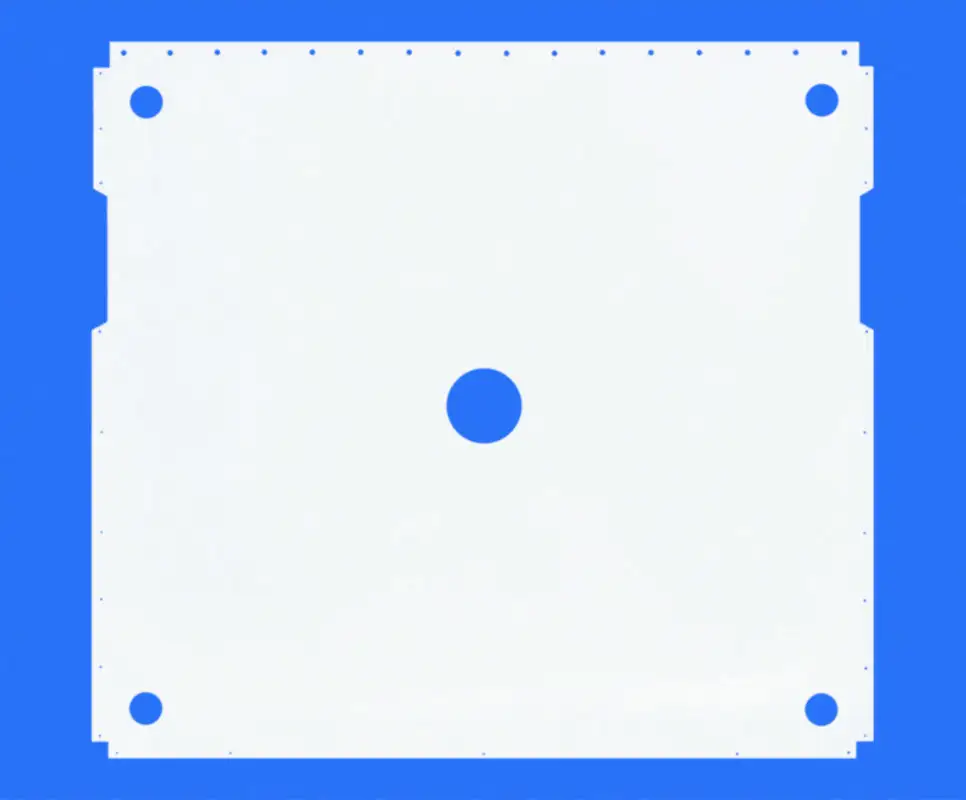What Is a Leaf Filter Plate and Why Is It Crucial for Precision Filtration?
Lug 29, 2025
In modern industrial separation systems, filtration efficiency is closely tied to the design and performance of core components—none more critical than the Leaf Filter Plate. Engineered for high surface area filtration and precise solid-liquid separation, this component is essential in sectors like pharmaceuticals, chemicals, food processing, and fine metallurgy. At JingJin Filter, a leading manufacturer of advanced industrial filter press systems, we provide precision-built Leaf Filter Plates, Plate and Frame Type Filter Press, and integrated solutions to ensure cleaner outputs and tighter control in complex production environments.

What Is a Leaf Filter Plate?
A Leaf Filter Plate is an example of a filtration module made of a metal or plastic core that is wrapped with a very fine filter fabric or mesh. The concept is similar to a flat, leaf-shaped design with internal passageways that enable the filtered liquid to flow through while holding the solids on the surface. Such a design realizes the maximum filter area for a given volume of space, which is very close to the perfection of a high-purity requirement and a minimum product loss use case.
In comparison with conventional filter plates, which are operated in cycles, the Leaf Filter Plate typically enables semi-continuous or batch filtration with more accuracy. The unit is particularly efficient in removing fine particles and thus can be applied in processes where solid concentrations are low.
Why Is It Crucial for Precision Filtration?
In those industries where the quality and cleanness of a product are necessary, Leaf Filter Plate brings a number of clear benefits:
- High filtration accuracy: Widely used as a separation method on a micron level in the pharmaceutical and chemical industries.
- Good cake formation: The solids deposit on the surface of the plate evenly and thus, the washing and the discharge will be more efficient.
- Low residual loss: The internal drainage structure allows for filtrate recovery to be maximized.
- Small size with high surface area: It offers higher output in a limited space compared with traditional filter elements.
JingJin Filter Leaf Filter Plates are made to meet high standards of quality, using materials that are resistant to corrosion and structures of mesh that are precision-welded. These plates can be used for both standalone filter systems as well as our complete range of industrial filter press solutions.
Integration with Plate and Frame Type Filter Press
While Leaf Filter Plates are used in horizontal or vertical pressure leaf filters, they also complement other filtration systems like the Plate and Frame Type Filter Press, another core product in JingJin’s lineup. These traditional presses operate with alternating plates and frames, where slurry is pumped in, and solids are retained while filtrate passes through filter cloths.
In certain applications, combining the Plate and Frame Type Filter Press for pre-filtration and the Leaf Filter Plate for fine polishing filtration allows for staged separation—achieving higher purity and operational efficiency.
Our engineering team designs custom filtration setups where both technologies work together to:
- Reduce contamination risk
- Improve final product clarity
- Lower operating and maintenance costs
This integrated approach is particularly effective in industries where both throughput and precision matter equally.
Why Choose JingJin Filter?
As one of the most experienced industrial filter press manufacturers, JingJin Filter provides complete solutions—from filter media selection to automation and fluid management. Our Leaf Filter Plate systems are designed to deliver:
- Long service life with easy cleaning and cloth replacement
- Compatibility with corrosive or high-temperature slurries
- Support for high-pressure and vacuum operations
- Customizable size and filtration mesh ratings for different industries
We serve a wide range of sectors, including edible oil processing, catalyst recovery, pigment manufacturing, and wastewater treatment—where quality filtration defines profitability.
